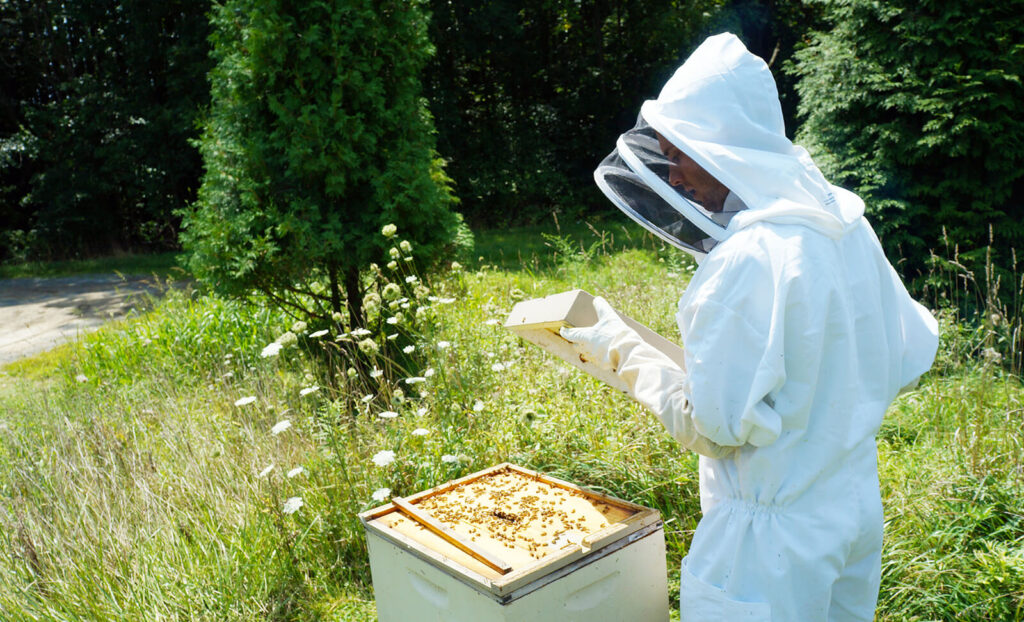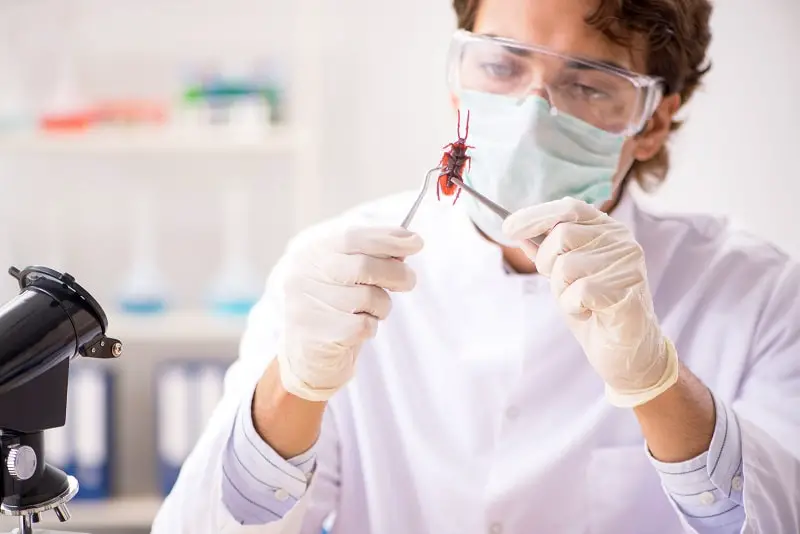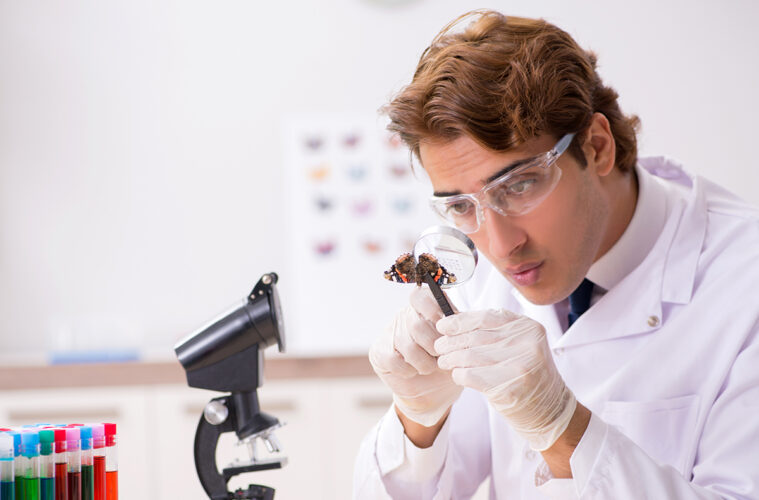There are more than one million known species of insects in the world. So, it is only natural that there are people who undertake the study of these numerous creepy crawlies and flyers in certain cases. In this piece, we will explain in detail what an entomologist does and many more important details you need to know about these scientists. Let us jump right into it.
What an Entomologist Does
These scientists specialize in the study of insects and how they relate to organisms around them and the general environment. The work of these scientists has benefited other fields of science, which include forensics, veterinary science, agriculture, pharmacology, and epidemiology. The primary responsibilities of entomologists include:
- Experiment Planning: These researchers come up with hypotheses and then set up experiments to prove whether they are correct. In most cases, these experiments involve the observation of a particular insect species or species in nature or the laboratory.
- Data Collection: As they conduct their experiments, they collect data as they observe or gather specimens. The data they collect might be qualitative or quantitative observations. Qualitative might be describing the behavior of an insect, while quantities might be the number of eggs an insect produces during reproduction.
- Industry Research Review: Entomologists understand that discoveries are being made almost every single day, given the number of insects on the planet. Therefore, they keep abreast of these developments and discoveries by attending conferences and reading journals in their field and other related fields. By staying up to date, they can use the new knowledge to carry out further research on the discoveries and improve the techniques they use for data collection.
- Report Publishing: At the end of an experiment, these researchers might decide to publish what they have found in scholarly journals and articles. Other scientists can use their findings to help them understand insects and their behavior.
- Providing Advice to Professionals: You can find entomologists providing advice to authorities in other fields. A typical example is having them advise an agricultural company on how best to control insects that are eating up the crops.
Entomology Specializations

source: seedyourfuture
When we talk about specializations in entomology, we are referring to a particular species that an entomologist has chosen to concentrate on. Specialization is important as it offers the scientist the chance to get into higher-level roles as a specialist. This, in turn, would lead to an increase in earning potential. Specializations in entomology include:
- Mosquitoes
- Mantises
- Ladybugs
- Flies
- Fleas
- Dragonflies
- Crickets
- Butterflies
- Bees
- Bettles
- Ants
There is a particular form of specialization where an entomologist can become an expert in subject matters. An example is when a researcher concentrates on how to create a better classification system. You can click here to learn how insects are classified. As you might expect, such specialization earns the scientist more prestige and earning potential.
Entomology Careers

source: ZipRecruiter
If you are seeking an entomology career, the fantastic thing is that there are several opportunities cutting across several industries and areas. So, you will likely find somewhere to work if you choose this path. Let us take a look at the options that are available:
- Insect Physiology: This deals with studying the chemistry and biological mechanisms of these bugs. There are specializations in the nervous, respiratory, circulatory, and digestive systems.
- Insect Morphology: If you choose this path, you will have to study these insects’ physical form. Therefore, you might be responsible for the identification of parasitic species or developing classification systems.
- Medical Entomology: Certain insects are known to be disease carriers which they pass on to humans. In this field, your job will include studying these diseases, developing cures, and preventing their further spread.
- Crop Protection: Entomologists who choose this career path are involved in researching methods that can be used to manage insects that affect field crops. Their findings allow them to provide product recommendations that farmers can use.
- Structural Entomology: This study focuses on insects that live in commercial and residential buildings. Your knowledge can be used to help building owners prevent bugs such as cockroaches, termites, etc. from infesting their buildings.
- Industrial Entomology: Industrial entomologists help production companies develop products that are derived from these creatures. A typical example is the development of silk or honey production methods.
- Forensic Entomology: These scientists devote their time to studying bugs that feast and/or live in decomposed corpses. The results they get from their research can be used to determine the time, location, and cause of death. This information can help the detectives in their investigation.
- Biological Control: Biological control entomologists help to control the population of pests biologically by introducing natural predators. These professionals can work in a pest control company as consultants to offer advice on the use of control methods that are environmentally friendly. They can also be in government agencies, especially when a particular bug population is harming the health of the public.
- Teaching: If you have a doctorate, you can teach in college as a professor. You can even oversee a degree program in entomology, and even manage a research laboratory.
Conclusion

source: vikingpest
Entomologists are scientists who specialize in studying insects and how they relate to organisms around them and the general environment. However, they do much more than that and their impact is felt across a wide range of fields and industries. In this article, we have discussed extensively what these scientists do, and the various careers that are open to anyone thinking of choosing this path.



